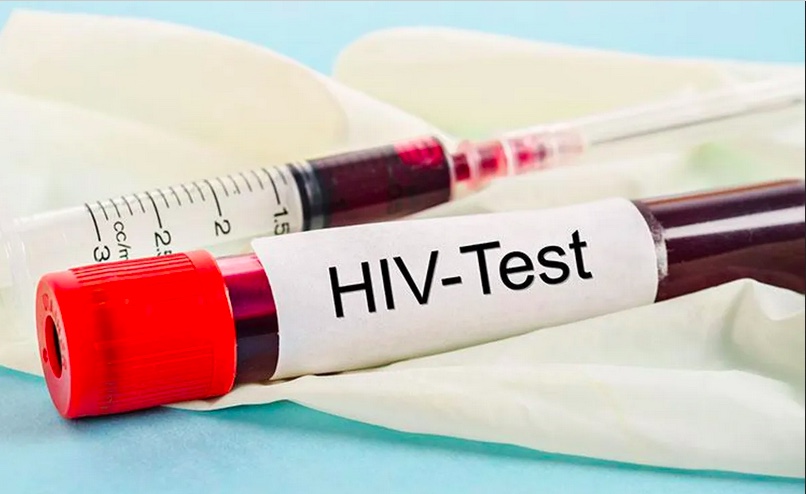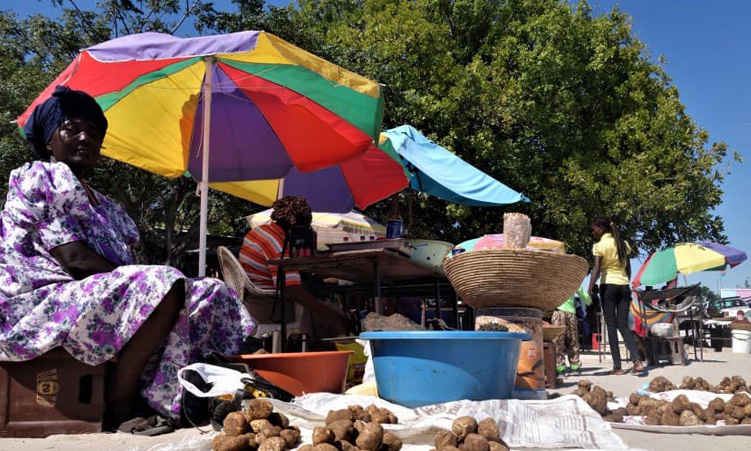THE economy may have fared worse in the second quarter of this year than in the first, but it’s not all bad news, according to the latest IJG Business Climate Monitor for the month of June.
The report, compiled by the Institute for Public Policy Research (IPPR), showed that the Business Climate Index, a measure of business confidence and a monitor of changes in the business environment in Namibia, climbed by 8,7 basis points in June.The boost can be primarily attributed to improvements in the investment and leading indices, both of which rose by 22 basis points.Successive cuts of the repo rate, and the commercial banks’ subsequent lowering of their prime lending and home loan rates, have fostered a year-on-year increase in commercial property finance and commercial asset finance of 16 and 41 per cent respectively, confirming the fact that commercial banks have stepped up their granting of loans to companies and individuals alike.The repo rate, the rate at which commercial banks borrow from the central bank, currently stands at 7 per cent.The month-on-month increase in vehicle sales was another indicator of improved business confidence, with passenger vehicle sales growing by 27 per cent and commercial vehicle sales growing by 33 per cent. The constant decline of inflation during the year appears to have boosted consumer spending, shown by an increase in the consumption index by 3,9 basis points.Yet another encouraging sign – the number of companies registered in June stood at 1 081. While this figure is substantially smaller than April’s 1 416 registrations, it was still enough to bolster both the Business Climate Index and the investment index.But while things at home seem to be improving, the strengthening of the Rand against foreign currencies shrunk export earnings for the month, making the Export Index the only index to decline in June.Hard commodity exporters of uranium, copper and other mining products saw a decrease in their earnings. Exporters of certain soft commodities received a mixed bag: lamb prices rose by 7 per cent, but beef prices fell by 2 per cent, mainly because of the as-yet unresolved Economic Partnership Agreement (EPA) with the European Union (EU). The EPA would allow beef, along with fish and table grapes, to enter the EU’s markets free of quotas and tariffs.As the economy heads into the third quarter burdened with higher fuel prices and an undesirably strong Rand for exporters, it is clear that, while the business climate may be improving, there are definitely storm clouds up ahead.ndapwa@namibian.com.na
Stay informed with The Namibian – your source for credible journalism. Get in-depth reporting and opinions for
only N$85 a month. Invest in journalism, invest in democracy –
Subscribe Now!






